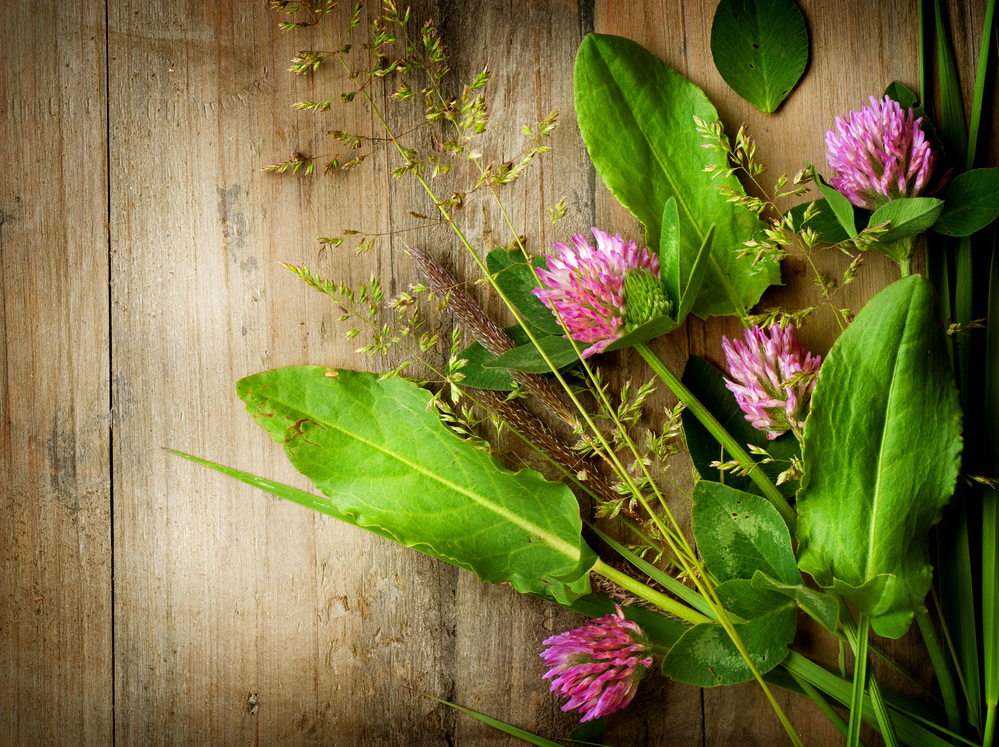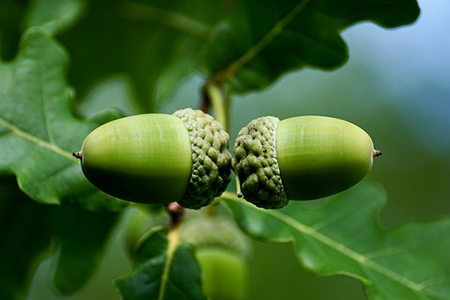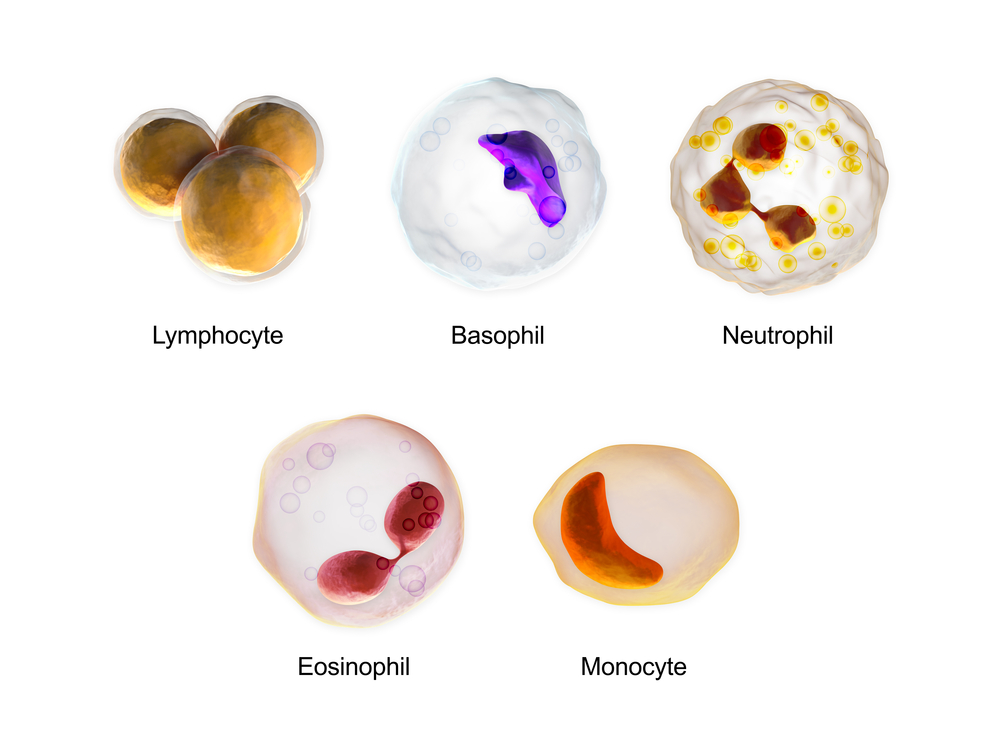Ginseng leaf tea and ginseng root tea
When it comes to the most valuable parts of ginseng, what we first comes into our mind is its root. However, this is not always the truth.
Ginsenosides are dominant bioactive compounds in ginseng that are responsible for a variety of health benefits, including antioxidant, anti-inflammation, and antitumor.
Researchers have found that ginsenoside content is higher in the leaf and root-hair, and lower in the stem than that in other parts of ginseng.
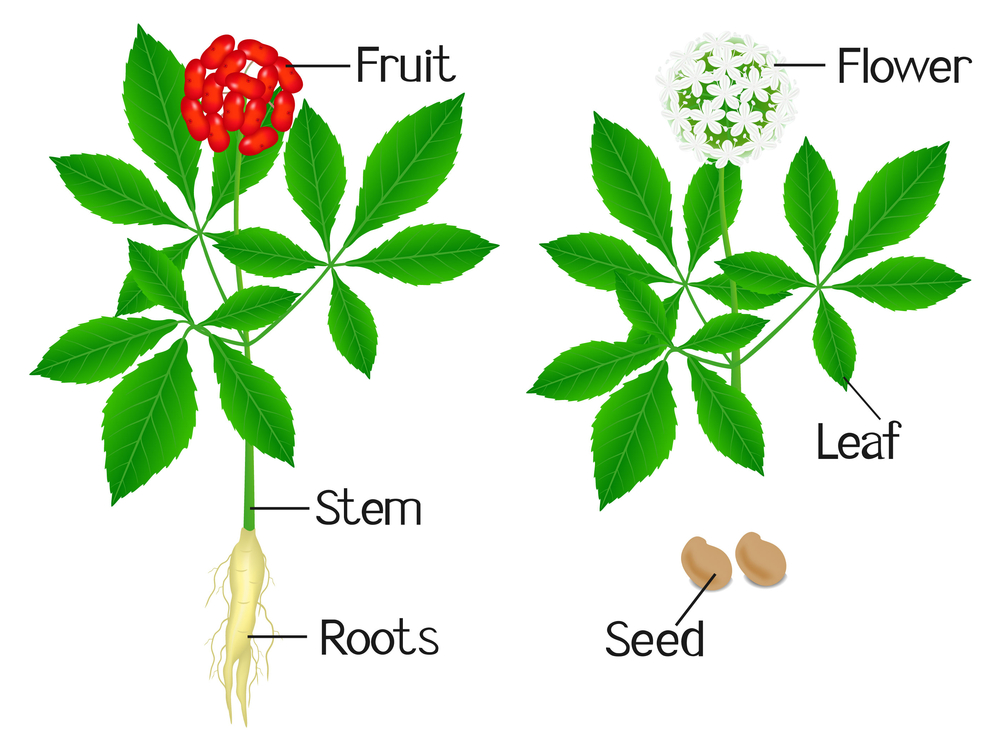 The content of ginsenosides in root and root-hair increases with the age of ginseng from one to five years. In contrast, the ginsenoside content in ginseng leaf decreases with the increase in age.
The content of ginsenosides in root and root-hair increases with the age of ginseng from one to five years. In contrast, the ginsenoside content in ginseng leaf decreases with the increase in age.
Ginseng leaf is easily available with high ginsenoside content, and it is a good choice used for preparing ginseng tea for consumption.
Fermentation is a good preparation method for ginseng leaf tea.
According to a study published in the journal Korean Journal of Food Science and Technology, the ginsenoside content extracted with boiling water was the highest in the tea fermented at 30°C among teas prepared by six different processing methods including heat drying and toasting. The tea fermented at 30°C also proved the best flavor.
Ginseng root tea is of different quality with different kinds of ginseng. Fresh ginseng can be prepared into white ginseng or red ginseng.
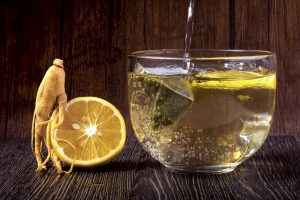
White ginseng is air-dried in the sun and usually contain fewer therapeutic constituents.
Red ginseng is heated through steaming and then dried. The streaming process can transform major ginsenosides including Rb1, Rb2, Rc, Rd, Re, and Rg1 into minor ginsenosides including Rg3, Rk1, Rg5, and F2.
The minor ginsenosides in red ginseng have potent biological activities including anticancer, antidiabetic, neuroprotective, and anti-inflammatory activities.
Red ginseng is more suitable for tea making than white ginseng due to rich active constituents. However, white ginseng also has its own advantages like intensitive odor and sweet taste.
There are no standard dosages of ginseng. Generally, the dried ginseng root powder can be taken 1 to 2 g/day, crude root 0.5 to 3 g/day, and ginseng extracts that contain a high amount of ginsenosides shall be limited from 100 to 800 mg/day.
Ginseng tea leaf shows more health-promoting benefits than the tea leaf itself. Studies have found that ginseng leaf contains Vitamin C 50 to 110 times of tea leaf.
If you are not allergic to ginseng and have no other side effects from ginseng consumption, you can take ginseng tea daily to boost your health after consulting your health professional.
